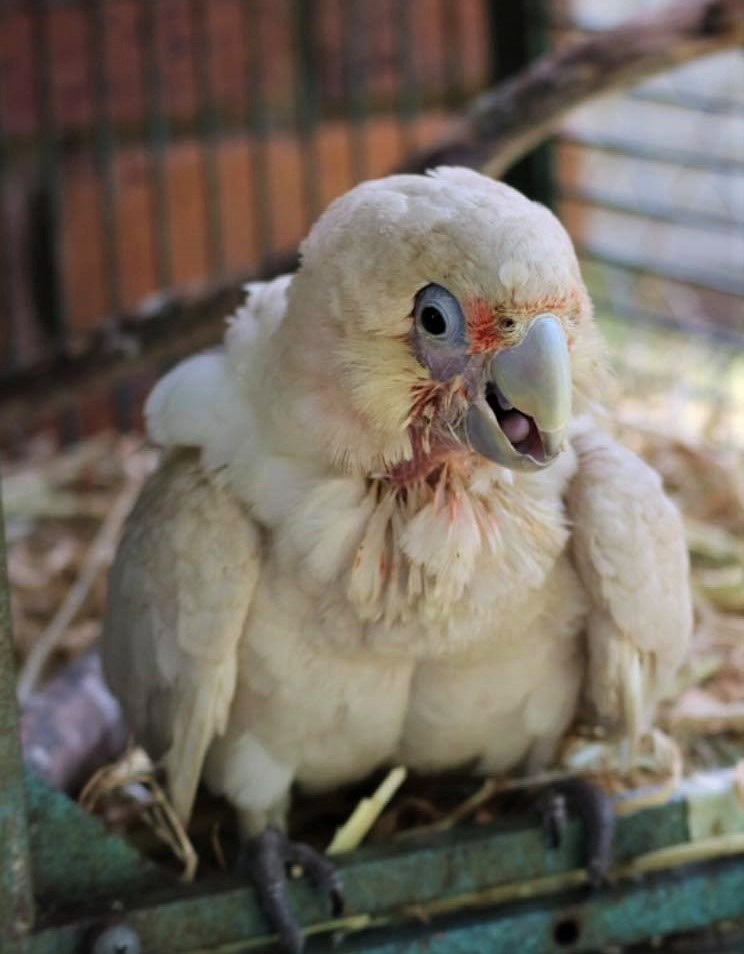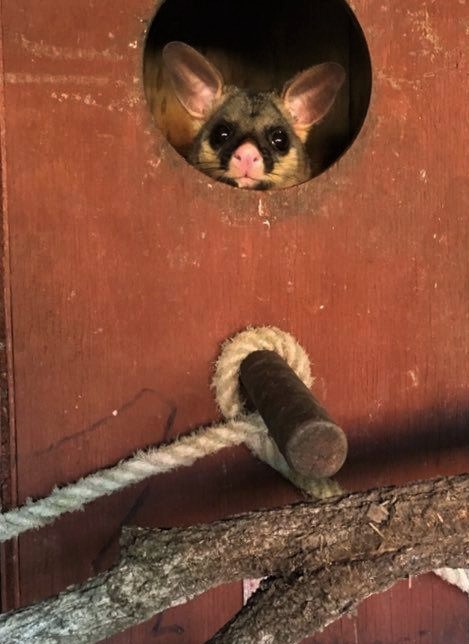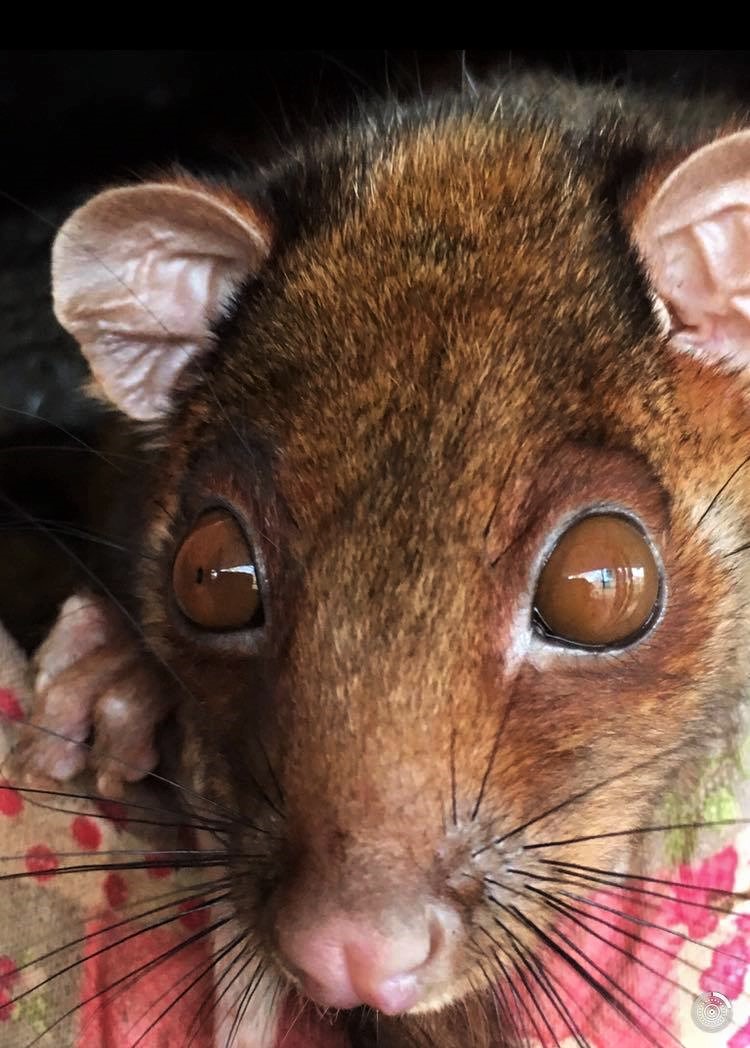*Wildlife rescued by PawCause (Photo: Supplied, Kiersten Kelly)
A rural wildlife shelter is pleading for help as Queensland’s ongoing border restrictions prevent vulnerable animals from finding homes.
PawCause, a 16-hectare wildlife shelter just two hours from Brisbane, has been forced to stop all interstate adoptions because the state’s Border Restrictions Direction does not list it, or animal adoptions, as an essential service.
The shelter cares for special needs or emotionally damaged animals, as well as those injured in recent bushfires.
Kiersten Kelly is an animal behaviourist and owner of PawCause: “We’ve got one here that’s a bad case of beating. This dog has had bones broken… we found a really good home for it and it fell through because we couldn’t fly the dog to another state.”
Ms Kelly says finding the right families for vulnerable animals is difficult with social distancing. Last month, 20 dog adoptions fell-through.
“Coronavirus has hit us like a truck because we can’t send them anywhere. The person can’t travel to get here, or we can’t travel to get the dog to them.”
“Some of these guys wait 4-6 years for the proper home, it’s not like a dog that’s been in rescue for a day or two, these dogs have been through hell and back,” she explained, adding that sneaking the animals across the border as commercial livestock would not work either.
“A lot of these dogs have come from puppy farms. Can you imagine them in a crate in the back of a truck, it’s going to be too traumatic… none of us have the money to send a car down and even if we do, how are we going to get through the border?”
Wildlife rescued and rehabilitated by PawCause (Photos: Supplied, Kiersten Kelly)
Queensland Premier Annastacia Palaszczuk has defended the state’s decision to keep the borders closed.
Speaking to media on May 26, she said, “I want to get people back into work as quickly as possible, but if I don’t do it safely it could cripple our industry for years to come.”
Ms Palaszczuk is expected to review border restrictions this month, but Kiersten Kelly said they have already damaged her shelter beyond repair.
PawCause also lost all its volunteers because of Queensland’s strict “essential-travel only” restrictions. While conditions are easing, the new struggle is finding wildlife carers qualified to rehabilitate animals injured in the bushfires.
“A lot of carers have given up,” Ms Kelly said. “They’ve been absolutely burnt out with the bushfires, they’re emotionally burnt out as well… suffering really bad anxiety and post-traumatic stress. Some of them can’t even work anymore because of the stuff they’ve seen.”

PawCause, Queensland (Image: Google Maps)
The Toogoolawah shelter is home to wildlife from kookaburras to possums. It has lost six carers over the last two months. Now, Ms Kelly and her son care for the vulnerable animals alone and while home-schooling.
“Poor kid, he’s working as hard as an adult and he’s ten years old.”
“He’s worked through his school holidays, a couple of hours doing schoolwork and then the rest helping on the rescue farm. He’ll have to do it right through the school term too because he’ll get too far behind.”
“People don’t realise we’ve never had government assistance. The enclosures we buy, thousands of dollars, it’s all our own money,” Ms Kelly said, adding most support during the coronavirus pandemic has come from The Rescue Collective (TRC) – as public donations have stopped.
But Ms Kelly has hope for the animals at PawCause, explaining she cried when animal supplies were delivered by TRC in April.
“Since the bushfires, it’s the first time we’ve had support from anyone.”
“I spoke to about 15 carers that were literally in tears when TRC dropped off supplies like baby wipes, toilet paper, burn cream and animal food.”
Run by a group of volunteers in Queensland, TRC specialises in supporting domestic and wildlife rescues through natural disasters, by sending resources like enclosures, ICU units, medical supplies and bedding.
In the aftermath of Australia’s drought, bushfires, floods and, now, the coronavirus, Ms Kelly admits it might be an unstable time to re-home vulnerable wildlife.
“You can imagine if a dog from a rescue is really needy and they’ve spent two weeks or two months locked up with the owner and then they start doing eight to 12 hour days, there’s going to be behaviour problems going on, and very big anxiety issues might happen.”
She said fostering is a better option for families to see if the animal is right for them.
– Alec Farrow @AlecFarrow

Bird rescued and rehabilitated by PawCause (Photo: Supplied, Kiersten Kelly)










